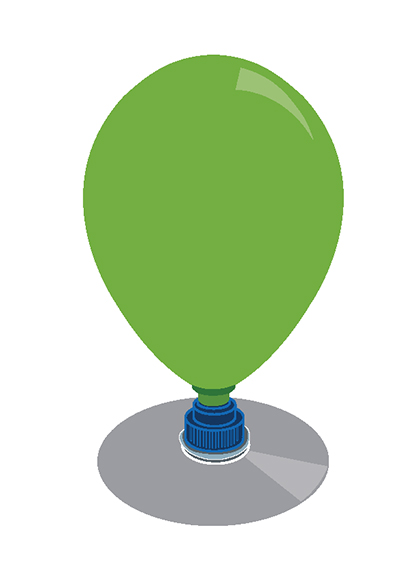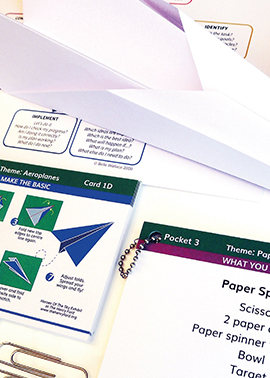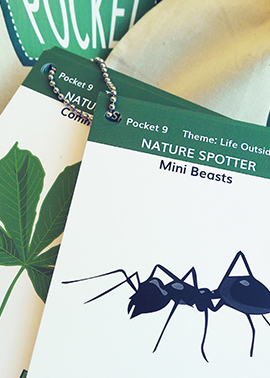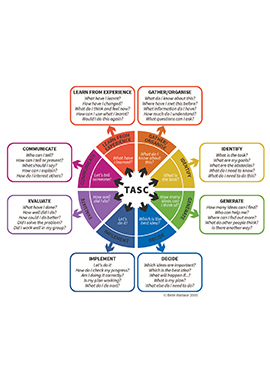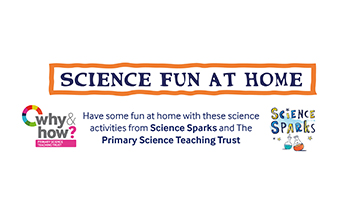Click on the images to see samples of the resource.

Science in my Pocket
Practical Science, Science Enquiry, SEN(D) / Additional Support needs
5-7, 7-9, 9-12
Science activities for Teaching Assistants to use with children who need emotional and behavioural support.
Schools have a critical role to play in supporting children’s mental health and emotional well-being. Currently, an average of three children in every primary school classroom in the UK have diagnosable mental health conditions. The classroom can be a challenging place for these children and it often falls to a Teaching Assistant to supervise them and support their learning on a one-to-one or small group basis.
Science In My Pocket offers an invaluable addition to a Teaching Assistant’s toolkit. The benefits of using the resource include:
- Children become better at self-regulating their behaviour, enabling them to return to a whole class setting more ready to learn and participate.
- Children’s social skills improve as the resource provides a context for the child to communicate positively with their peers.
- Increase in the confidence of teaching assistants to engage children in scientific discussion.
Science In My Pocket activities have also been shown to be effective for:
- Speech and language development
- EAL – accessing scientific vocabulary in a safe environment
- Short term emotional disturbance, e.g., if a child arrives at school upset
- Extension work, e.g., children might design their own pockets
- Homework activity
- Development of specific personal habits of mind, e.g., independence, negotiation, resilience
- Developing thinking skills across the curriculum
- Promoting good group work
Science In My Pocket was developed by PSTT Fellows and Area Mentors Nina Spilsbury and Michele Grimshaw, with Ali Eley (Outreach Director).
The resource
What is in the ‘Science In My Pocket’ resource?
Science In My Pocket is a highly versatile resource. The carefully designed and simple activities in the ten pockets can be used with children from nursery up to year 6. They can be used once or repeated multiple times; they can be used indoors and outdoors, and most involve moving around which suits the needs of many children.
You will find:
- 10 numbered drawstring cloth pockets, each based on a particular theme and each containing a set of instruction cards
- A guidebook for Teachers and Teaching Assistants
- A poster to guide Teachers and Teaching Assistants with choosing a pocket
The instruction cards all include:
- The BIG questions
- A list of equipment and materials needed
- Supporting background knowledge and notes for the Teaching Assistant/Teacher
N.B. The science equipment (all inexpensive everyday items and listed in the guidebook) needs to be added to the pockets before they are ready to use.
Click here to purchase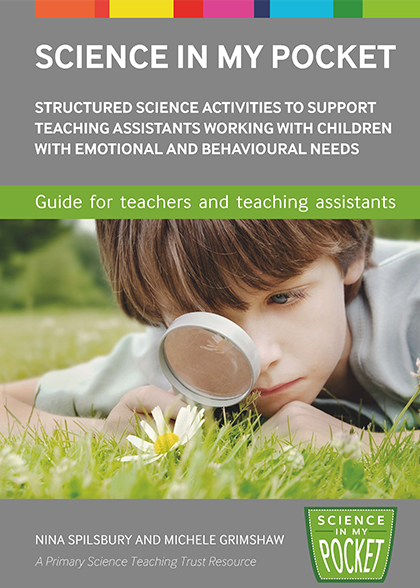
Samples
What do SIMP resources look like?
Science In My Pocket has given me so much more confidence to do science with children.

Free sample unit
Hovercraft
In this activity, the child makes a simulation of a hovercraft. This is a brilliant way to introduce forces to a child and to get them to think about air power and friction.
Click on the button to download this activity.
Download guide